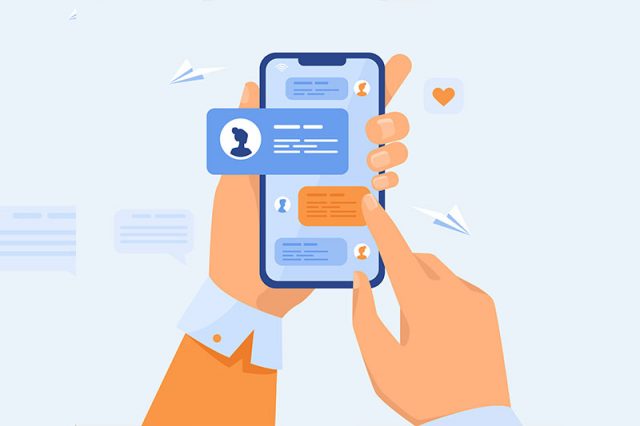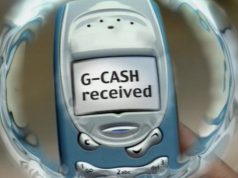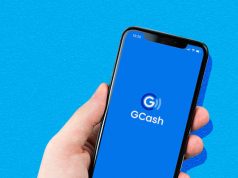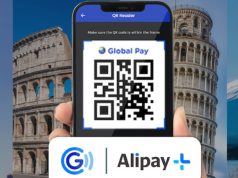A popular e-wallet service is now hiding some letters in the recipient’s names amid the rise in personalized text message scams.
On Thursday, media outlets reported that GCash users could no longer see the full names of cash recipients on the confirmation page whenever they would send money.
The platform requires users to input their full names if they want their accounts to be “fully verified.” This earns them a check mark symbol in their profiles.
A fully verified account enables the user to access all of the e-wallet’s features and services, including the option to send money and do bank transfers. It also lets them enjoy increased wallet and transaction limits.
The app grew more popular in the COVID-19 pandemic as digital transactions became part of the norm to reduce physical contact.
Meanwhile, some Filipinos welcomed the development amid the text scam surge addressing recipients by their names.
“Okay, I can now subscribe to private TG [Telegram] channels lol,” a Twitter user said.
“As they should!” another user wrote.
“This is a great start from GCash for more secured transactions,” commented a different Pinoy.
Others, however, found the initiative “late.”
“How will this help now when these spammers already have our names in their stupid little database,” someone tweeted.
“Too late. They should’ve implemented this since day one,” another Twitter user said.
A Filipino commented that the measure is “not really helpful” since the user can still see the recipient’s full name in the message prompt after doing the transaction.
“This is not really helpful kasi if mag-send ka ng pera (I tried this), the name still appears in the message receipt. Malalagay doon, ‘You have sent … to [FULL NAME]’,” a Twitter user said.
GCash recently said it would stop sending notifications to users through text messages amid the rise in spam SMS.
Instead, the notifications will be sent to their in-app inboxes to “ensure users are only getting legitimate messages regarding their GCash transactions,” according to GCash chief risk officer Ingrid Rose Ann Beroña.
The e-wallet service also maintained that there has been no data breach in its systems amid online speculations that the personalized text scams are connected to them.
“We have been working closely with the National Privacy Commission on the issue of text scams with names. We wish to assure our customers that our systems and infrastructure remain secure and there is no incidence of any data leak or breach,” GCash chief information security officer Mark Frogoso said in a statement.
“Protecting the personal information of our customers remains a top priority which we believe is integral to our vision of achieving ‘Finance For All,'” he added.
“We need to strike a balance between customer experience and strengthening measures to keep user information safe from unscrupulous individuals,” Frogoso continued.
Globe said it had blocked some 784 million spam messages from January to the end of July this year through its intensified filtering efforts. It has also deactivated 14,058 scam-linked mobile numbers and blacklisted 8,973 more.
The National Privacy Commission said that according to its initial investigation, the recent cases of smishing messages were sent via phone-to-phone transmissions and not through data aggregators.
Among those who have received spam text messages with names is Sen. Nancy Binay, who immediately emphasized the need to take action against the scammers.
ALSO READ: NPC probes unsolicited SMS texts with full names of receivers
The Senate Committee on Public Sevices, together with the Senate Committee on Trade, Commerce and Entrepreneurship, is conducting a hearing into the proliferation of text scams and spam messages on Thursday.










